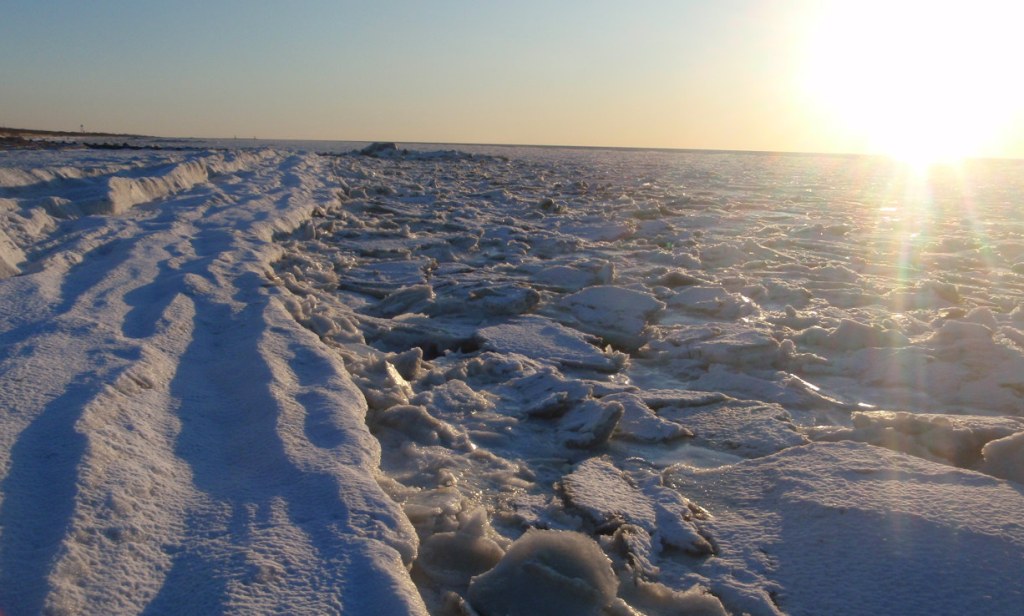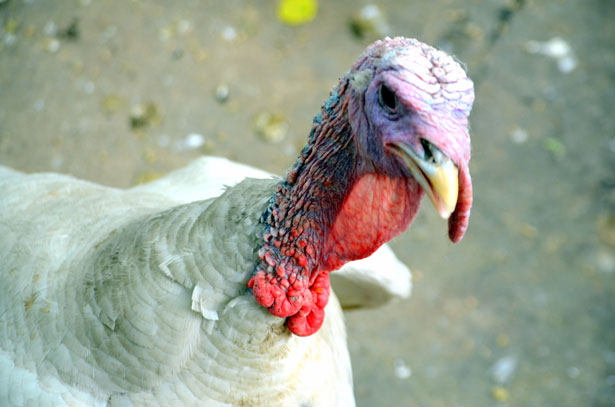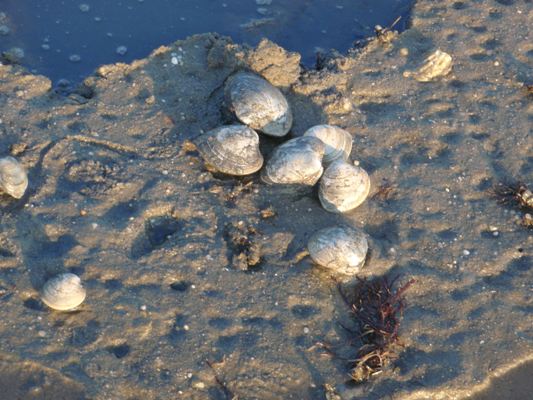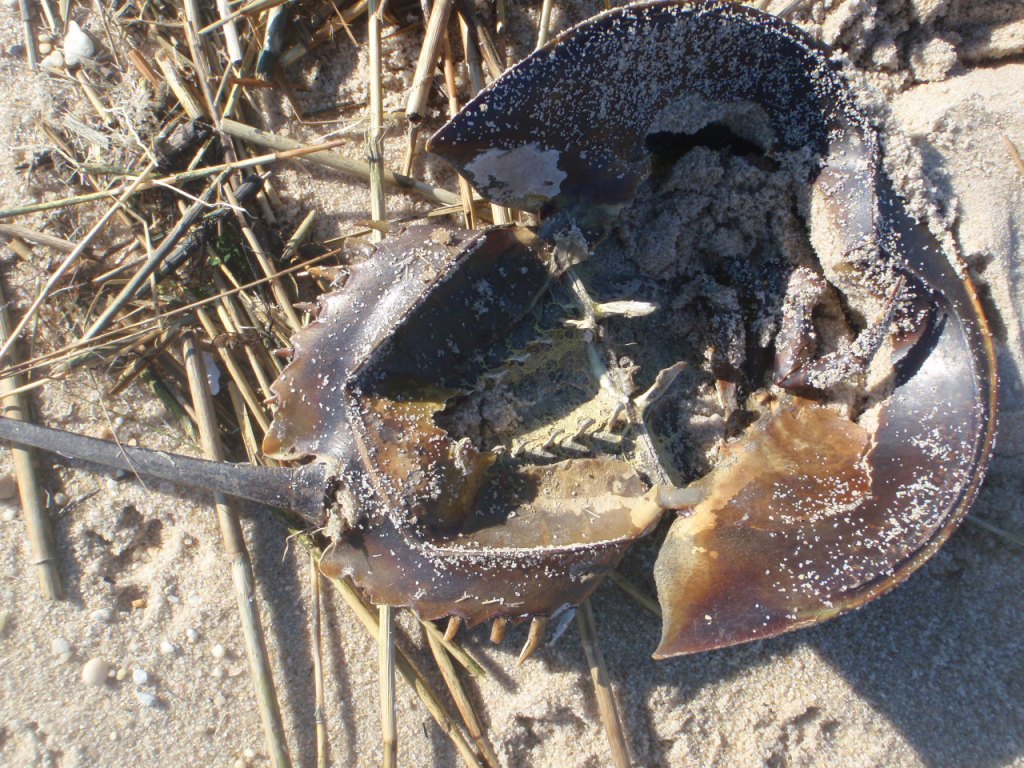The pledge itself is a syntactical nightmare, a porridge of buzz words and jargon slapped together to render the pledge almost as meaningless as the one public school kids make each morning. (Before folks get their knickers all bunched up, I'm referring to the 2341st time a child makes the pledge--once should be enough for any pledge.)
Still, the pledge will make the plutocrats among us happy, and it's about as binding and effective as Ford's Whip Inflation Now campaign back in the 70's, my first exposure to just how searingly bad government flacks can be.
I'd love to debate the merits of these kinds of programs, but there's a more basic discussion that needs to happen first. Do the benefits of personal digital technology outweigh the harm done to small children?
Let's be clear up front on a few things:
- Screen time affects children in ways that potentially have detrimental lifetime effects.
- The American Academy of Pediatrics recommends no screen time for children under two, and limited entertainment screen time (1 to 2 hours per day) for older children, and no "screen media" in a child's bedroom.
- The "there's no stopping the Juggernaut/the cat's out of the bag" school of thought may assuage parental guilt, but avoids the central issue here.
- A class set of iPads does little to ameliorate the factors that have the biggest effect on school performance: poverty and racism.
 |
| from DVCE |
And now the state is telling our schools to sacrifice our children's time to the same god, to better prepare them for careers, and again we line the pockets of those who are selling snake oil, toxic to children.
Yes, this is a diatribe.
You want your child playing with an iPad at 6 months, that's your problem.
You want our children playing with digital media in public school before they need to shave?
That's our problem.
No, I am not a Luddite--you read this here first, no?

































